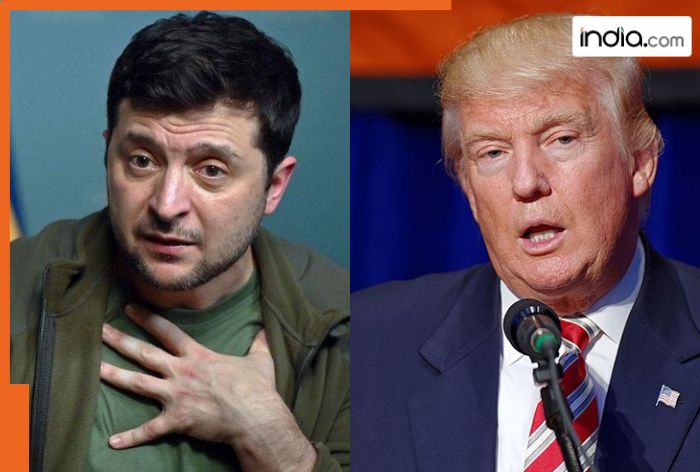Diabetes, heart disease, obesity…: Trump admin finds new reasons to deny US visas to foreigners
Visa officers were also directed to determine if applicants have the means to pay for medical treatment without help from the U.S. government.

Foreigners who want to move to the United States may now be denied visas or green cards if they have serious long-term health problems like diabetes or heart disease. This change comes under new rules introduced by the Trump administration. The State Department has sent this new guidance to all US embassies and consulates around the world. According to a message sent to visa officers, applicants with medical conditions that could lead to “hundreds of thousands of dollars in medical expenses” should be closely reviewed. The health problems mentioned include heart and lung diseases, cancer, diabetes, metabolic and neurological disorders, and mental health issues.
The guidance also mentions obesity as a concern, saying it can cause other health problems like asthma, sleep disorders, and high blood pressure, which may be costly to treat. Under the new rule, having these chronic conditions could count against applicants, as officials may see them as a possible financial burden on the US in the future.
“Certain medical conditions — including, but not limited to, cardiovascular diseases, respiratory diseases, cancers, diabetes, metabolic diseases, neurological diseases, and mental health conditions — can require hundreds of thousands of dollars’ worth of care,” the cable states.
“Does the applicant have adequate financial resources to cover the costs of such care over his entire expected lifespan without seeking public cash assistance or long-term institutionalization at government expense?”
The new policy, marks one of the toughest steps yet in the Trump administration’s immigration crackdown, as it directly connects a person’s health to whether they can enter the United States.
It’s still unclear if the rule will also apply to tourist or student visas. Technically, the directive covers all types of visas, including short-term ones like tourist (B-1/B-2) and student (F-1) visas. However, officials are expected to mainly use it for people applying for permanent residency.
Currently, anyone applying for a tourist visa must prove they have enough money to cover their visit, plan to return to their home country after their stay, and will not rely on public funds while in the US.
About 10 percent of the world has diabetes, and according to the Centers for Disease Control and Prevention, 40 percent of Americans are obese. According to the World Health Organization, cardiovascular diseases are the leading cause of death globally.
It comes amid a broader Trump administration campaign to dissuade immigrants from coming to the U.S.
What's Your Reaction?




















































